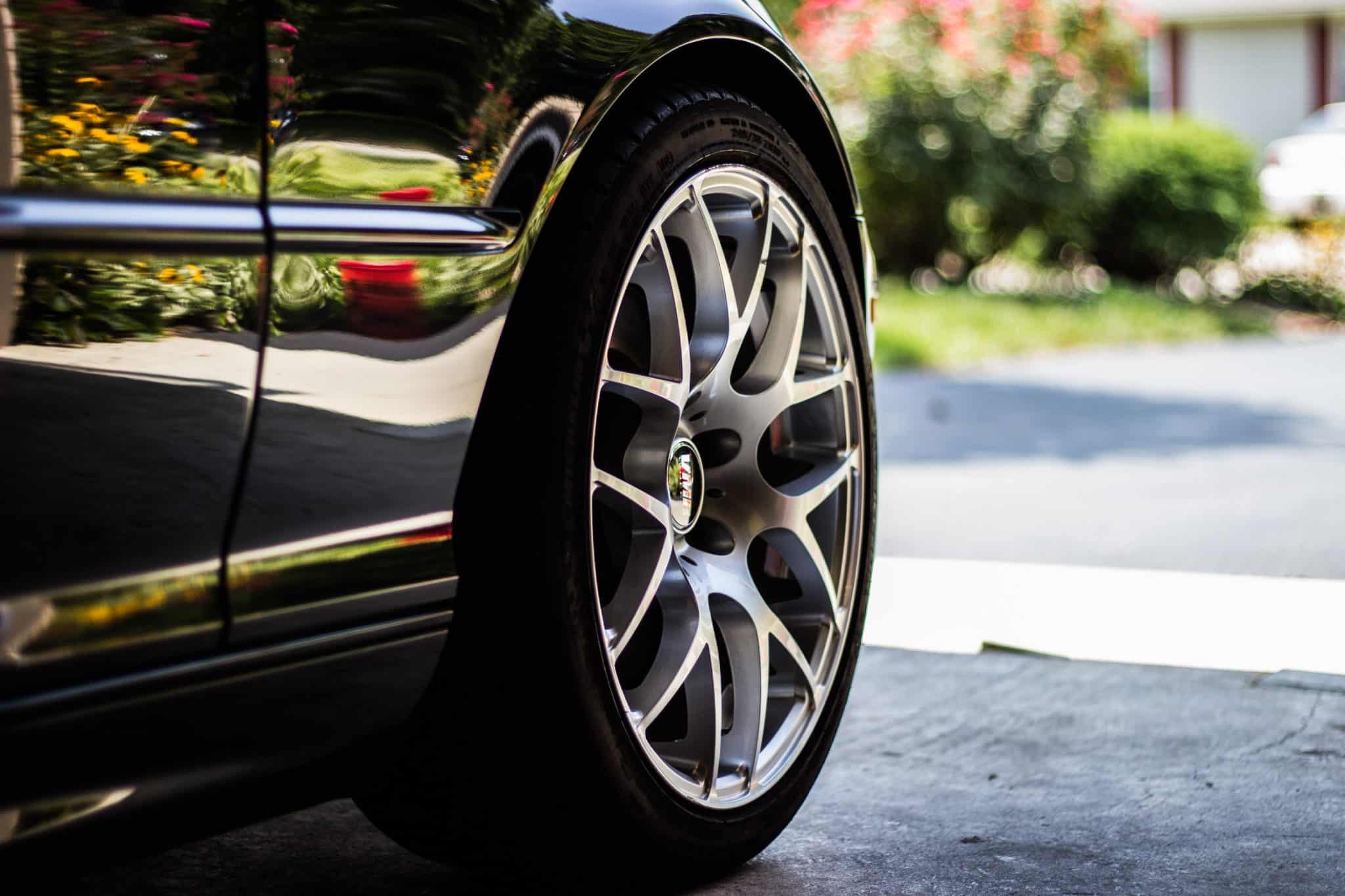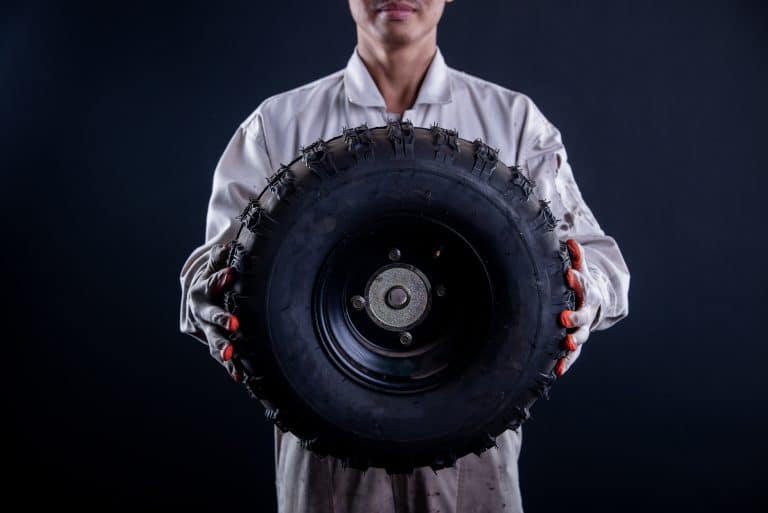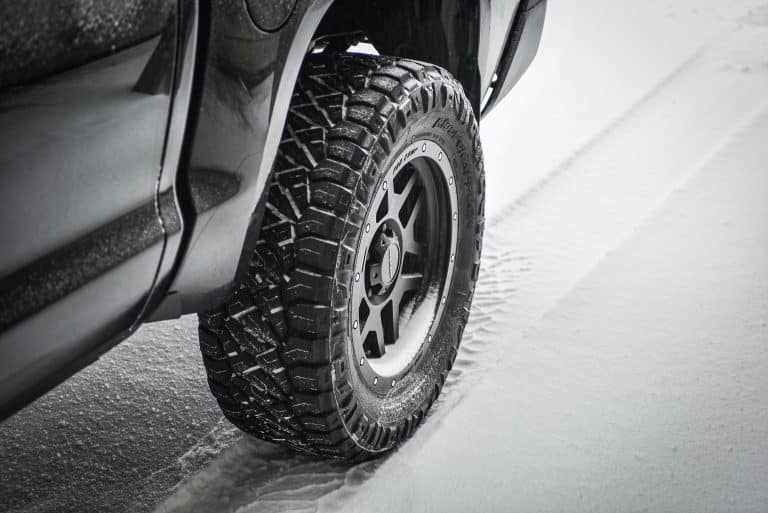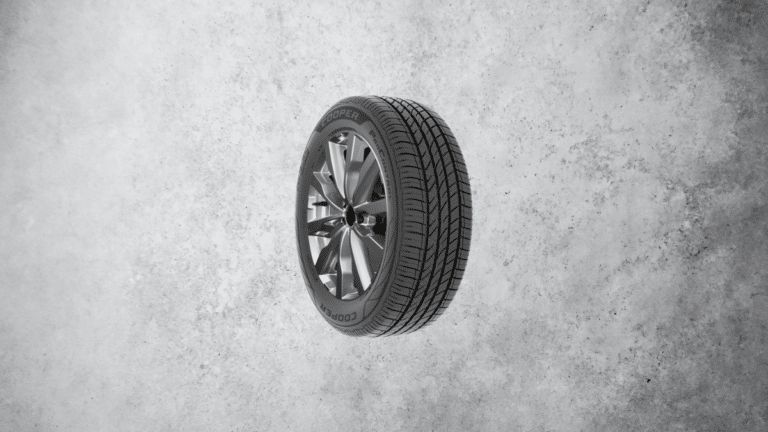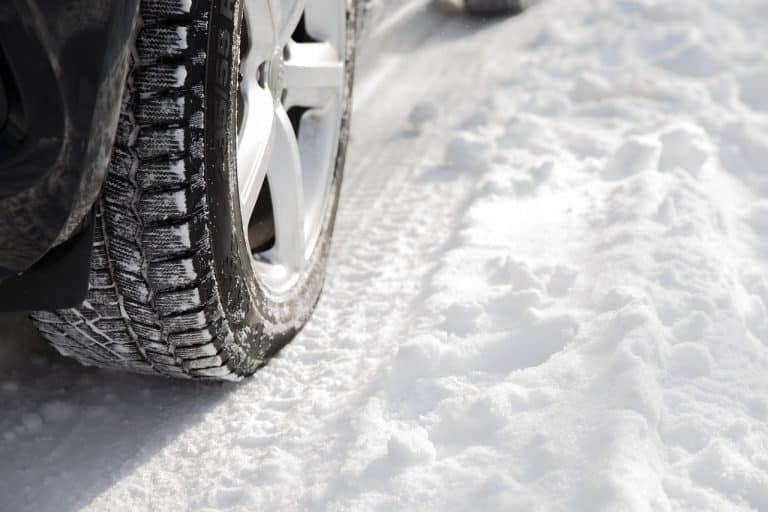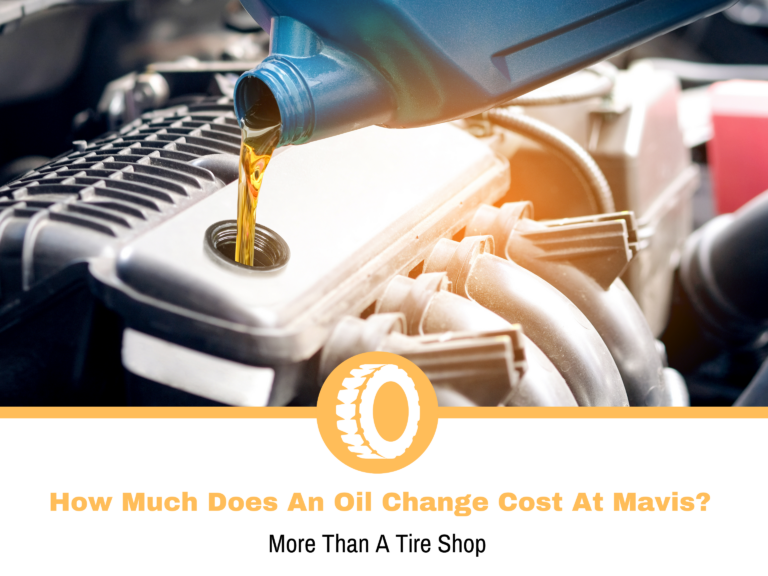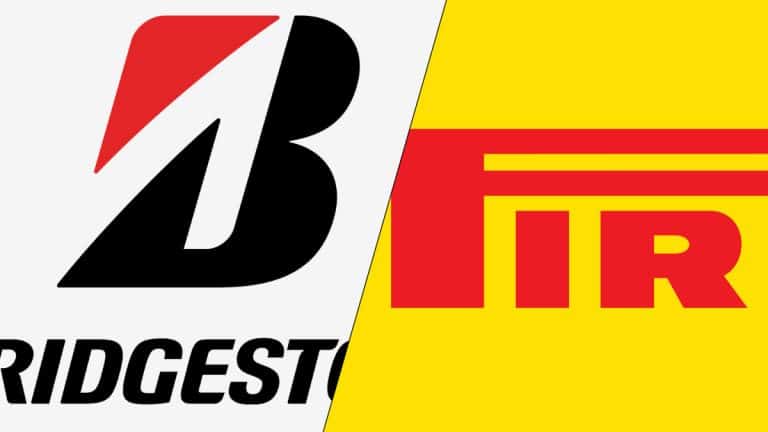The Difference Between Cheap vs Expensive Wheels
Car modifications are as old as the cars themselves. For decades, people have been changing their cars to improve them or make them look better.
Manufacturers design and set up the cars from the factory to be beneficial for most people. Once you have the keys, you’re free to modify it in any way possible. Some modifications will void the warranty.
The wheels are a common mod for enthusiasts. We consider them like shoes for our cars, and if we don’t like the factory ones, we can replace them. Maybe we can paint them at home if we’re into that stuff.
Whenever you get to purchase new wheels, you’re overwhelmed with tons of options. Some of them are more affordable, while others are expensive.
Spending less on the wheels means you’ll have more budget for other mods. So, should you choose the cheaper wheels or the more expensive one? This raises another question: why are some wheels more expensive than others? Today, I’ll answer both questions.
Why are some wheels cheaper than others?
It’s a complicated question, that requires a longer answer. There are several aspects that we should look at, so I’ll divide them into two categories to give you a better understanding.
I won’t be talking about the size because that part is self-explanatory. A set of 15-inch wheels will be cheaper than 20 inches, so there’s no point in wasting your time with that.
What material is used?
The material of the wheel determines the price. Aluminum alloy wheels are the most common ones on the market today, pushing away the steel ones in the obsolete era.
Steel wheels help keep the price of a new car down. It means that going for aluminum wheels, you’ll be paying more, so there’s the first difference.
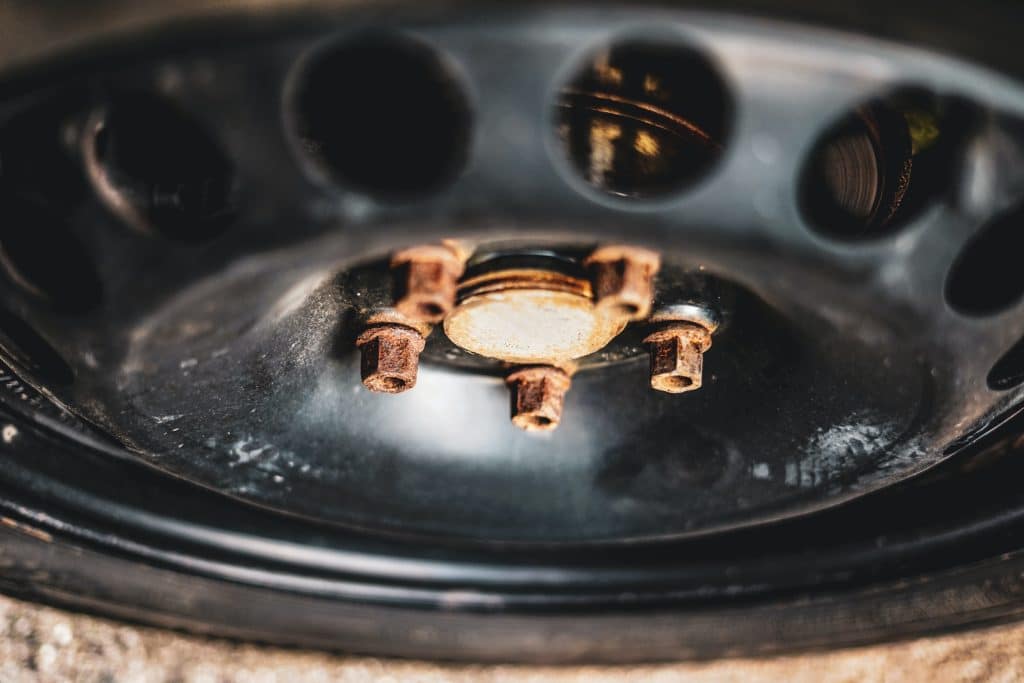
In recent decades, manufacturers started using more exotic materials. They’ve been around for a while, but the process and materials became “cheap enough” for some companies to use it for wheels. Among the more popular options here are magnesium or carbon fiber.
Whenever you hear the word exotic, you’re probably aware that we’re talking about the most expensive wheels you can get.
To sum things up, steel wheels are the most affordable ones, then come aluminum and things end with the wheels made from exotic materials. One thing to note is that allow wheels aren’t just made from aluminum, so there are other materials that can be more expensive.
What process is used?
In terms of the process, I’ll talk about the aluminum wheels, as they are the most common ones you’ll find today. They are lighter and come with a plethora of design options, so it’s a much better option than steelies, at least from a visual point of view.
The most common process is casting, and it comes in several variants. Most of the aluminum wheels that come from the factory are made using gravity casting. There are low and high-pressure casting wheels, which are more expensive, but aren’t as rare as a unicorn.
Forging is the most expensive one, and we have the process to thank for that. It’s an expensive one, but it results in strong and lightweight wheels.
In addition to these, there are assembled wheels. They come in 2 or 3 forged pieces, and a technician assembles them. These are usually the most expensive aluminum wheels you’ll find on the market.
How do cheaper wheels differ from the expensive ones?
I’m not a fan of doing something cheap, but that isn’t always the case and even I would have made some expectations in this rule. Let’s go through a few examples to better understand the topic.
There are many wheel manufacturers that make knockoffs of the already popular and proven models we know and love. They sell them at a lower price, so many people would ask what’s the point of paying a premium price.
You can look at both of them and instantly notice some differences. The result of both is that the cheaper wheels will look cheaper, regardless if we’re talking about the finer details, shine or color. This is because most of these companies don’t rely on quality assurance, so no one double-checks how they come out of the oven.
Speaking of ovens, even the manufacturing process isn’t the same. Companies like Japan Racing, BBS, Enkei, and many more have invested millions in high-quality manufacturing equipment. As a result, each wheel holds up to the highest standard.
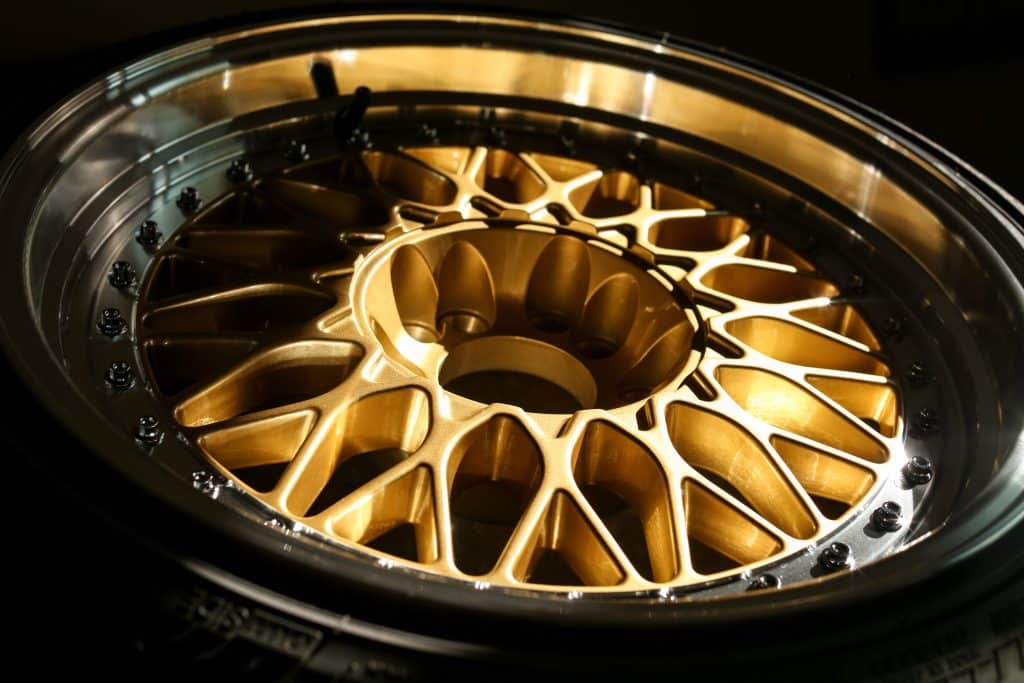
Next up, we have the materials. Sure, aluminum alloy is the industry standard, but there are minor variations. While it may seem negligible, those microscopic variations can result in a “weaker” wheel.
Longevity is another aspect that you should consider in this aspect. The finishing touches will never be the same, and you won’t be getting all the protective coatings will cheaper wheels. As a result, they will degrade faster than the expensive ones.
Combining these areas results in wheels that won’t be as strong, durable, and good-looking. To note, I am talking about aluminum alloy wheels because I haven’t seen cheap exotic wheels on the market. Let me know if you’ve found something like that and prove me wrong.
Should you consider cheaper wheels?
The idea of getting something cheaper means that you will save a few bucks. I’m all about saving, but not when it can compromise important aspects that can be a safety hazard, especially for cars.
Considering all I said so far, I may seem like a hypocrite, but hear me out. There are situations where you may consider cheaper wheels. Here’s an example. My 92 Corolla is an old and beat-up car, so if I decide to tidy it up a bit, I may consider some of the cheaper wheels.
Yes, they will degrade sooner, may not look as shiny, but it won’t cost 3 times of the value of the car. On the other hand, going for these wheels is a risk because the car still gets driven a lot, so hitting a larger pothole won’t be fun, especially if the wheel breaks. I would avoid the cheap wheels at the end of the day, but I understand why someone would consider them.

The important thing here is that if you decide to go for this option, you will need to be more cautious. Regardless of which cheap wheel you go for, there’s a higher risk of damage, something that isn’t a common sight with the expensive ones.
Let’s look at my IS250, which changes the perspective drastically. The first “problem” is that it’s a shame for that kind of vehicle to get a set of cheap wheels. With this example, we’re also looking at the same risks – how much can the wheels survive. I’ve hit a few massive potholes so far and I haven’t had any issues, not even some bends.
If I had cheap knockoff wheels, at least one wheel would have been bend. In a worst-case scenario, I may have ended up with a crack or a wheel breaking.
Let’s be fair, expensive wheels aren’t immune to damage. They can bend, they can break, and they can degrade the look over time. The chances of that happening are lower than with cheaper ones.
What wheels should you look at if you’re on a tight budget?
Let’s look at another example here with my Corolla. Being old, unless I decide to turn it into a show car and throw thousands into it, I would try to get more affordable wheels. With that said, I would still probably avoid the cheap wheels.
The solution I have in mind is used wheels. There are many people that got a set of expensive wheels at a certain point, but wanted an upgrade or change the look, so they are likely to sell the old set.
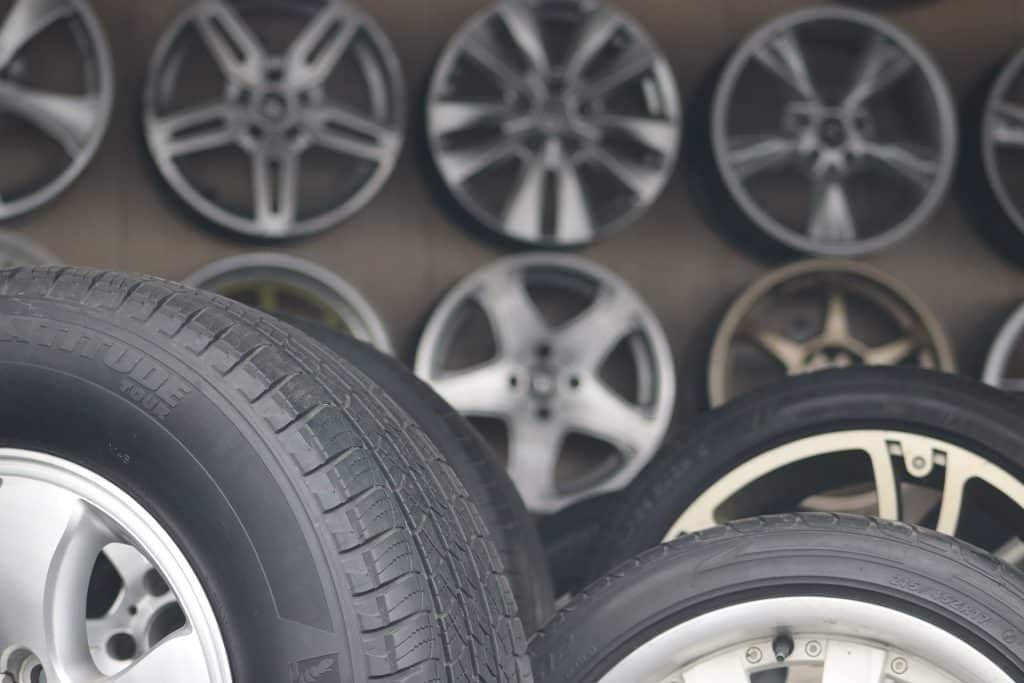
I have a few models in my area and am considering them for my IS250. They are Japan Racing models and the price is lower than a set of new ones, which is within my current budget. If someone from Japan Racing reads this and wants to gift me a set of SL02s, I’d be eternally grateful.
All jokes aside, getting something used can be problematic. You’ll need to inspect the wheels and make sure that they are good, test them to see if they are straight and ensure that you’re getting something road worthy.
To be fair, this option can be more affordable or slightly more expensive than the cheap wheels. When you factor in that you’re getting more wheel for the money, it’s a far better option than the cheap copies of the expensive wheels.
Conclusion
So, what’s the takeaway from this? If you’ve been paying attention, you should know my opinion on cheap wheels. There are plenty of drawbacks with them and the only advantage is the price.
Yes, they are noticeably cheaper, but in the long run, things may not be as affordable as you may think. You may need to repaint or fix them, so throughout a decade or more, the expensive wheels may be cheaper, as you won’t have to spend a lot on that.
Even though I would be tempted at a certain point to think about cheap wheels for my Corolla, at the end of the day, I would probably go with the expensive ones. Regardless if we’re talking about new or used, they are a better and safer option.
Let’s look at the other side of the story, affordability. I’m not saying that you should entirely avoid the cheap wheels. If you feel like all other options are unavailable, then go for that. The important thing to note here is to be aware of the disadvantages and don’t expect miracles.
